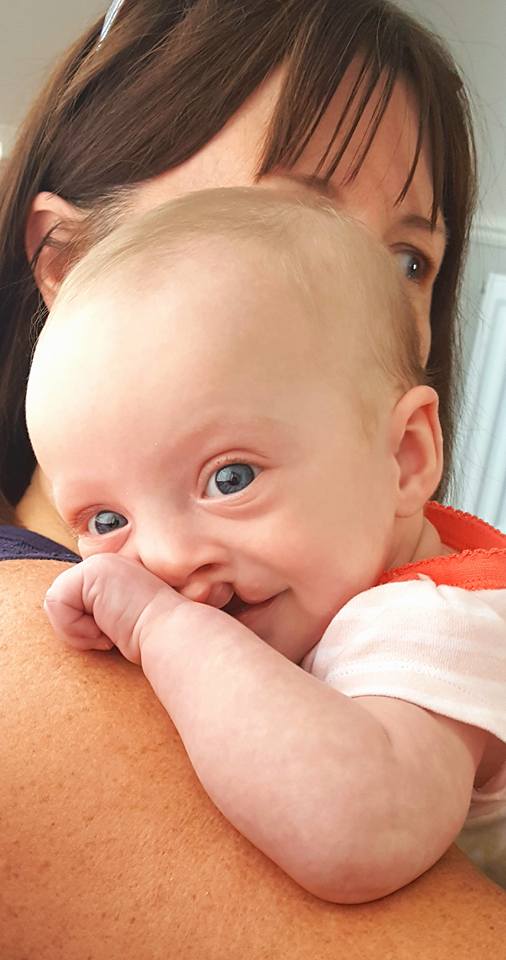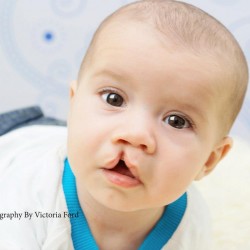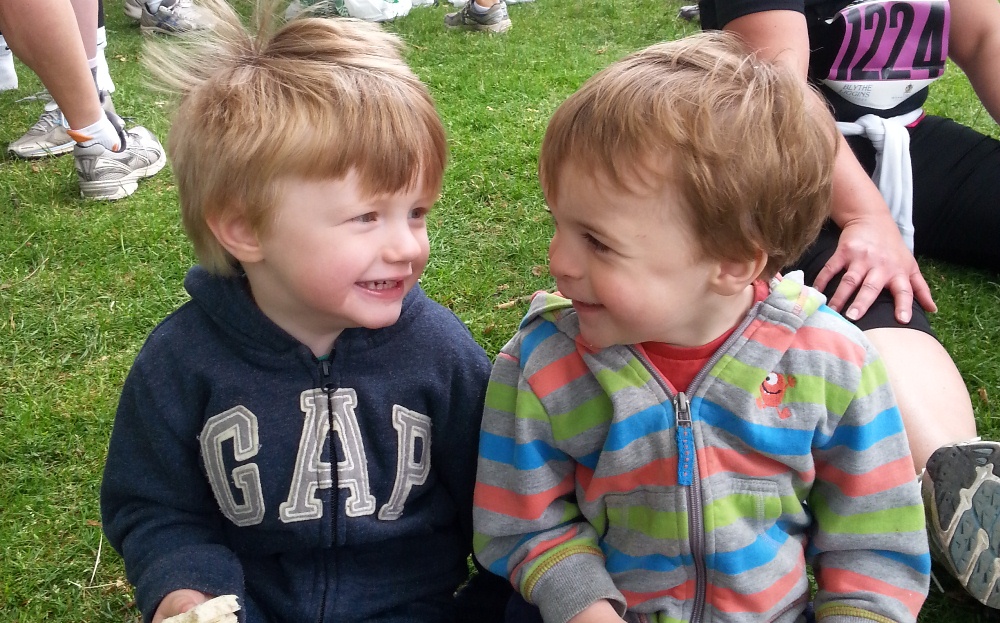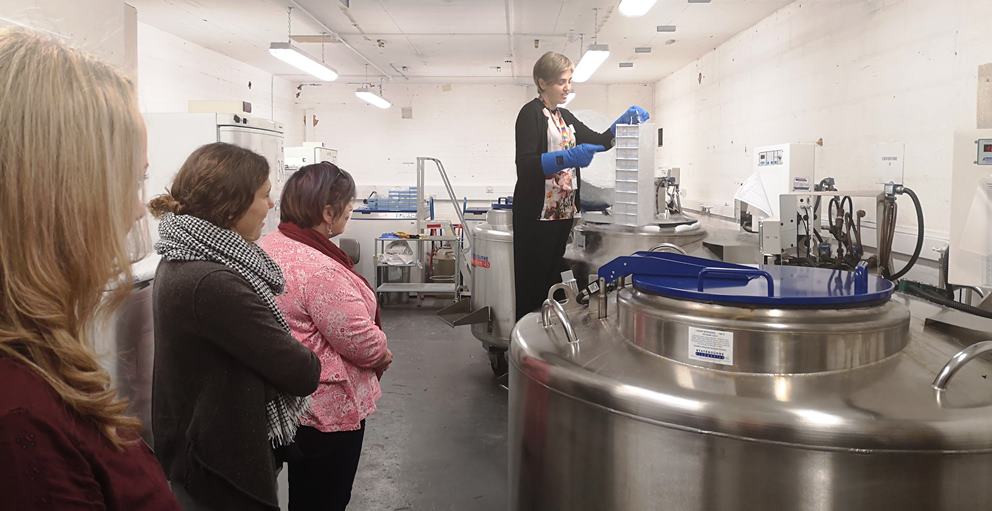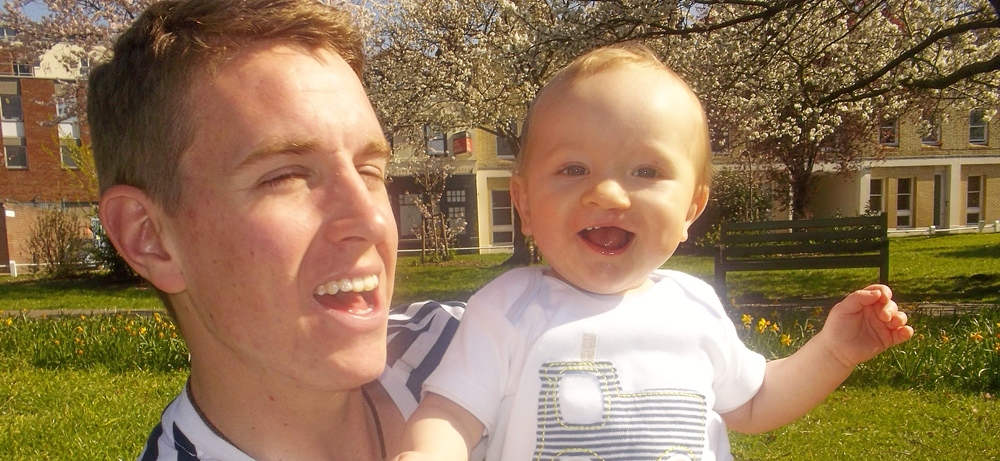
Tagged with: Research Summaries
-
Cleft Care in the UK: Where Are We Now?
At the turn of the century, UK cleft services were centralised into the Cleft Teams we know today. Now, a new study reveals which treatment outcomes have improved since then - and which are still lagging behind.
-
STUDY: What is considered most important when treating glue ear in children who also have a cleft palate?
The MOMENT study wanted to find out what outcomes of treatment for glue ear were most important to health care professionals and children with a cleft palate and their parents.
-
The Centralisation of Cleft Care – Has it Worked?
A report has been published with the results of the Cleft Care UK study which looked at how things have changed since the introduction of specialist Cleft Teams at the turn of the century.
-
The psychosocial impact of cleft lip and/or palate on unaffected siblings
Individual telephone interviews were conducted with five unaffected siblings and eight parents of children born with cleft lip and/or palate living in the UK, including five sibling-parent ‘pairs’ from the same families. This study demonstrates that unaffected siblings of children with CL/P may have information and support needs which are currently not being met.
-
Get Involved with Cleft Research
-
Parenting a child with a cleft lip and/or palate: The father’s perspective
The aim of this research was to explore the experience of having a child born with a cleft from the father’s perspective, with a view to informing service provision and future research.
-
STUDY: Prenatal Diagnosis of Orofacial Clefts
The main aim of the study was to find out if there is a link between the timing of a diagnosis, how the mothers felt about the information they received and how satisfied they were with the services .
-
STUDY: Dental Caries, Oral hygiene and oral clearance in children with craniofacial disorders
This study suggests that children born with CL/P are more likely to get dental decay. The reasons behind this are many and varied but includes the fact that these children seem to find tooth brushing harder and retain foods/sugars longer in their mouths than their unaffected friends.
-
Speech and language therapy interventions for children with cleft palate: a systematic review
We know as clinicians that speech therapy works but there is very little evidence in the published literature. We wanted to find out things like when we should start therapy, who should be doing it, and what type of therapy works best.
-
STUDY: Cleft Lip and Palate Care in the United Kingdom – The Clinical Standards Advisory Group
Up until the turn of the century, cleft care was provided by 57 teams which had varying standards of care, Based on this research commissioned by UK Health Ministers, the Cleft Teams around the UK were set up to provide centres of specialist care.
